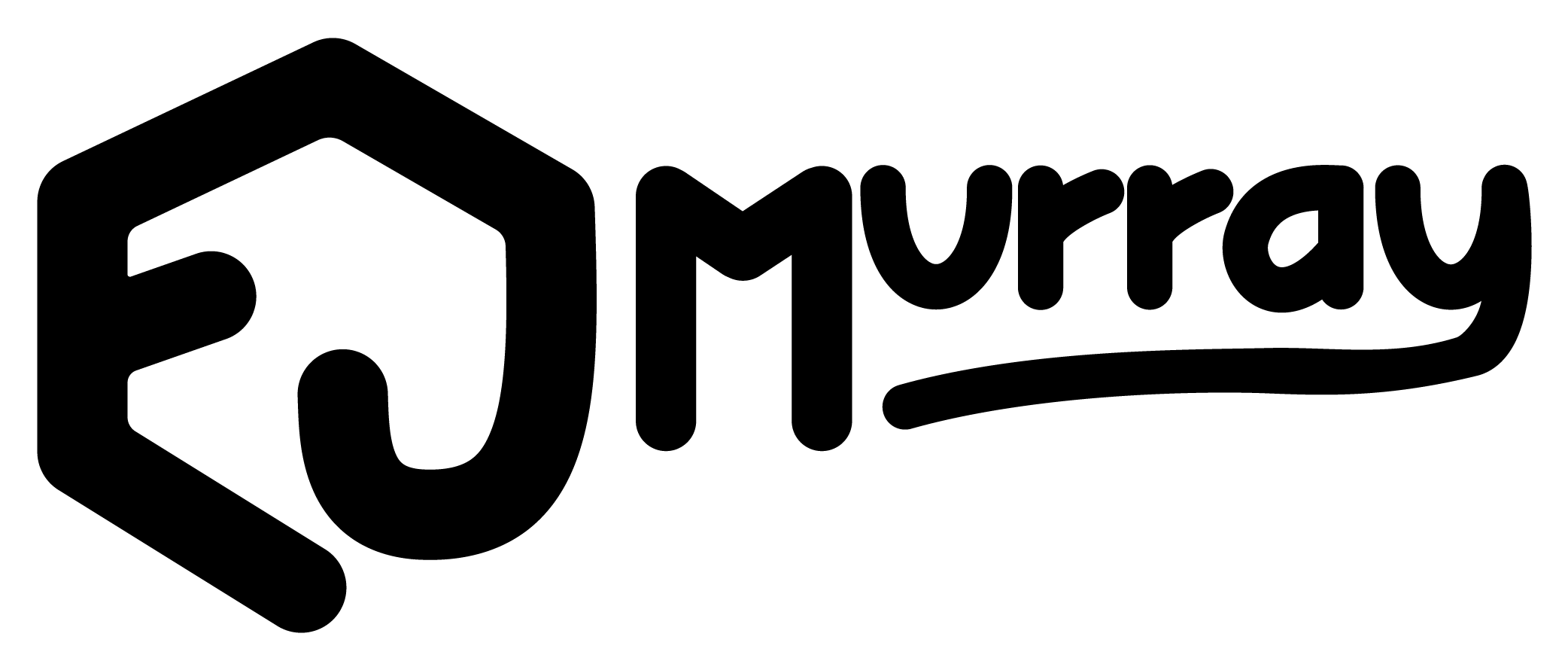Christmas is less than a week away! If you’re still waffling about what to get your favorite reader(s), here are some suggestions:
What can you get the science fiction reader who has everything? Well, unless you’ve got the money to get a jetpack, why not help them explore the roots of the genre with some classic literature? Here are a few of the old masters to get your reader started on the classics — novels from the 1950s and 1960s, when the genre was at its heyday and science fiction was king.
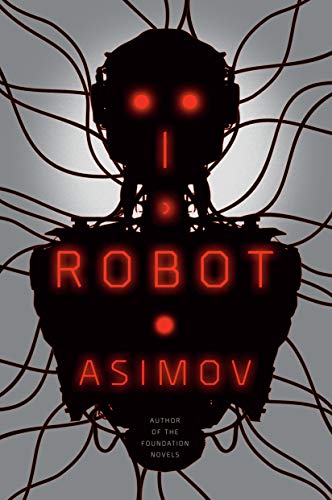
How can you lose with Isaac Asimov? Either the I, Robot series or the Foundation series will make perfect gifts for your reader. Asimov wrote of the far future, when mankind was scattered throughout the universe on far distant planets. There are library planets, androids who are more than human, and plenty of intrigue!
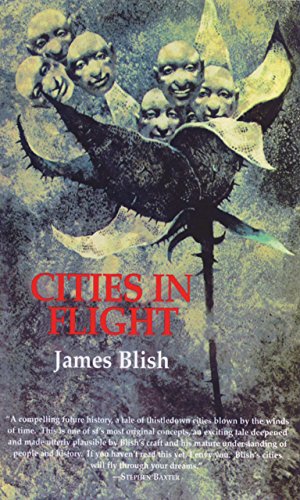
James Blish was perhaps best known for his Star Trek tie-in novels, but he was a master in his own right as well. Try any of his earlier works (the Star Trek novels are great for the Trekkies as well).
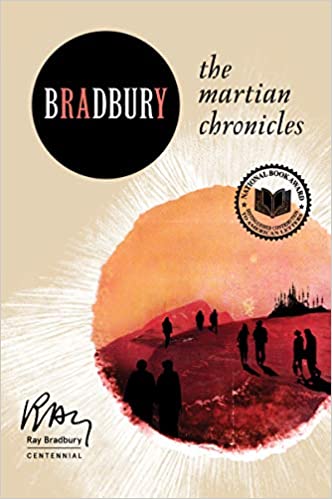
Ray Bradbury wrote character-driven sci-fi. Many of his most beloved stories are about the planet Mars and its former inhabitants.
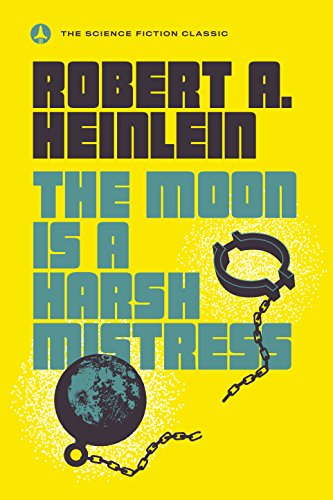
Robert Heinlein is also a character-driven author. His characters will stick with you for years. I recommend anything he’s written, either the juvenile novels or the adult. This title is especially intriguing — the story of how the lunar colony became independent from Earth.

Frank Herbert is best known for his Dune series, stories of political intrigue and interplanetary conflict.
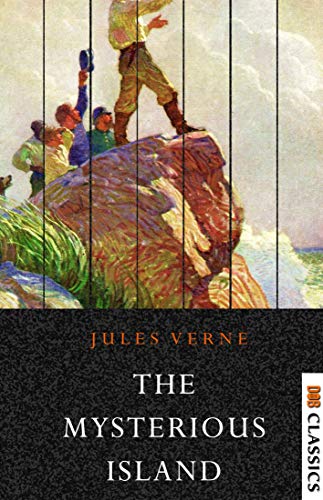
Jules Verne is perhaps one of the earliest science-fiction authors (with the possible exception of Mary Shelley’s Frankenstein). He and the next author wrote about what they imagined the far future to be like. It’s nothing like what we now know the world and the galaxy are like, but the stories are intriguing and worth reading.

H.G. Wells was another early writer, more attracted to outer space than Verne was. He wrote about Martians and trips to the moon. Again, when compared to what we know of the universe, it wasn’t very realistic, but his books are definitely worth reading as well.
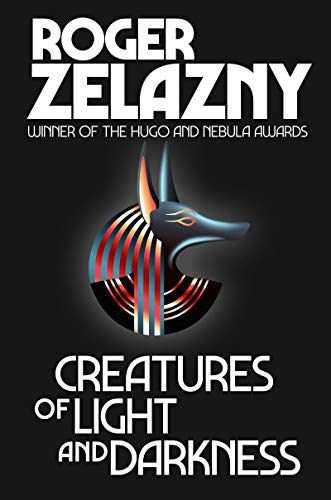
Roger Zelazny’s science fiction was more about the characters than the setting, like many of his peers of the age. His Amber novels are especially intriguing, about a “royal” family who can use special tarot cards to travel to far distant locations — maybe even to the beginning of the universe.
Of course, this is not to say that today’s science fiction writers aren’t just as good, if not even better, than the old masters. This is just a fairly broad grounding in the classic literature of the genre. If your reader is like me, he or she has probably already dipped a figurative toe into the ocean that is science-fiction’s beginning.
